|
For many of us, our lives have become a checklist of tasks, and we've learned to evaluate ourselves by our productivity. The 30-Day Choose Happiness Challenge offers a refreshing shift in perspective, inviting participants to prioritize their happiness by engaging in activities they love every single day for an entire month. This challenge, beginning in September, encourages us to put intention and attention into the things that make us smile and nourish our souls. Focusing on what truly matters is a natural catalyst for positive changes in our lives. The Power of Choosing Happiness Choosing happiness is a revolutionary act in today's fast-paced world. It's about consciously making choices that uplift our spirits and nourish our well-being. While responsibilities and obligations are essential, they should not overshadow the simple pleasures and passions that light up our lives. The 30-Day Choose Happiness Challenge recognizes the significance of prioritizing joy, as it allows us to strike a balance between doing and being. The Challenge Unveiled Starting in September, the 30-Day Choose Happiness Challenge encourages participants to dedicate each day to an activity or experience they genuinely love. This activity could be anything – from spending time with loved ones, engaging in a creative hobby, taking a nature walk, reading a favorite book, indulging in self-care rituals, cooking a favorite meal, or simply taking a moment to appreciate the beauty around us. The goal is to shift the focus from measuring our lives by productivity to valuing moments of happiness and contentment. Breaking the Routine One of the most remarkable aspects of this challenge is its ability to break the monotony of daily routines. By actively seeking out activities that bring joy, participants step out of their comfort zones and create new, exciting experiences. This break from the ordinary infuses a renewed sense of enthusiasm into life, making each day feel special and worth cherishing. Fostering Mindfulness The 30-Day Choose Happiness Challenge also promotes mindfulness – the practice of being fully present in the moment. As participants engage in activities they love, they learn to appreciate the nuances of each experience. Whether it's the aroma of a homemade dessert, the laughter shared with friends, or the feeling of grass beneath their feet, mindfulness deepens the connection to these moments, amplifying their impact on overall well-being. Creating Positive Change As the challenge progresses, participants often notice positive changes manifesting in their lives. This shift is not just a coincidence – it's a result of focusing on happiness and self-nourishment. When we prioritize joy, we become more attuned to our needs and desires. This heightened awareness can lead to healthier habits, improved relationships, reduced stress, and enhanced creativity. Building a Supportive Community Embarking on the 30-Day Choose Happiness Challenge doesn't mean you're on this journey alone. Enrolling friends, family, or colleagues to join you can create a sense of camaraderie and accountability. Sharing experiences, challenges, and triumphs can deepen connections and encourage everyone involved to continue prioritizing happiness long after the challenge concludes. The 30-Day Choose Happiness Challenge is an invitation to transform the way we perceive our lives. By dedicating 30 days to engaging in activities that bring joy, participants embark on a journey of self-discovery, mindfulness, and positive change. As September approaches, let's prepare to embrace this challenge and remind ourselves that life's true value lies not solely in what we accomplish, but in the happiness and nourishment we cultivate along the way. Join me on social media as I share my 30-day challenge journey every single day in September! ❤️ Mindy
0 Comments
Life has a funny way of unveiling its mysteries just when you think you've got it all figured out. It was in my 40s that I embarked on a journey of self-discovery that would forever change the way I saw myself and the world around me. Little did I know that the answers I had been seeking for decades would come in the form of two diagnoses: Attention-Deficit/Hyperactivity Disorder (ADHD) and Autism Spectrum Disorder (ASD).
As a child, I was often described as "quirky" or "different." I excelled in certain subjects while struggling to maintain focus in others. Social interactions felt like a complex dance that everyone else seemed to know the steps to, leaving me stumbling and feeling out of sync. I carried a sense of not fitting in, of being an observer in a world that spoke a language I struggled to fully grasp. As the years went by, I developed coping mechanisms to navigate a world that felt overwhelming. I meticulously organized my surroundings, created rigid routines, and immersed myself in solitary activities where I could hyperfocus. Yet, something still felt amiss. There was a persistent feeling that I was wearing a mask, trying to fit into a mold that wasn't quite right for me. It wasn't until my 40s that I decided to seek answers. The process of pursuing a diagnosis was both nerve-wracking and liberating. Would I be dismissed as an adult seeking attention for something I had managed to hide for so long? Or would I finally receive the validation that had eluded me all these years? The journey felt like a leap of faith, a leap that I needed to take for my own understanding. The diagnoses of ADHD and Autism were revelations that transformed my perception of self. The ADHD diagnosis explained the constant whirlwind of thoughts that had made focusing on tasks a Herculean effort. The tendency to lose track of time, the bursts of energy followed by crashes of exhaustion – they all made sense within the framework of ADHD. The Autism diagnosis was equally enlightening. Suddenly, the struggles with social cues, the intense need for predictability, and the sensory sensitivities had a name. Autism wasn't something to be feared; it was a facet of my identity that contributed to my unique way of experiencing the world. It was a reminder that I wasn't broken; I was beautifully different. With these diagnoses came a sense of relief – the relief of knowing that I wasn't alone in my struggles, that there were others who shared similar experiences. But more importantly, the diagnoses gave me permission to embrace myself fully. I began the complicated (but rewarding) journey of discovering ways in which I was masking and how I could unmask and be authentically me, quirks and all. The impact of these diagnoses rippled through every aspect of my life. I began to approach challenges with a newfound understanding of my cognitive patterns. I explored strategies tailored to my ADHD and Autism, finding ways to harness their strengths while mitigating their challenges. Instead of being sources of shame, my diagnoses became sources of empowerment. Social interactions became less daunting as I learned to communicate my needs and boundaries. I sought out communities of individuals with similar experiences, fostering connections that were rooted in empathy and shared understanding. The once-overwhelming world began to feel navigable, a landscape that I could explore at my own pace. As I reflect on this journey, I am struck by the resilience of the human spirit. The ability to adapt, learn, and grow is a testament to our capacity for self-discovery. Being diagnosed with ADHD and Autism in my 40s wasn't just a diagnosis; it was an awakening. It was an invitation to live authentically, to embrace neurodiversity, and to celebrate the beautiful mosaic of humanity in all its forms. Reclaiming Energy and Boosting Productivity: A Neurodivergent Journey Towards Self-Compassion8/25/2023 Navigating a neurotypical-oriented society can sometimes lead to a cycle of shame, self-criticism, and unrealistic expectations that drain valuable energy. The path to increased productivity and well-being for neurodivergent individuals begins with shedding the weight of shame, self-beatup, and the incessant "shoulding" that holds them back. By embracing self-compassion and authenticity, a transformative journey towards higher energy levels and heightened productivity unfolds.
Breaking Free from Shame: Shame acts as a silent energy drain, perpetuating feelings of inadequacy and unworthiness. For neurodivergent individuals, societal pressures to conform can intensify these feelings. Reclaiming energy starts with recognizing that neurodiversity is a beautiful variation, not a flaw. Acknowledge your unique strengths and the contributions you bring to the table. Replace self-shaming thoughts with self-compassion. Treat yourself as you would a dear friend. Understand that mistakes are part of growth, and your journey is valid regardless of societal norms. Embracing your authenticity fosters an environment where energy can flow freely. Cultivating Self-Compassion: Neurodivergent individuals often hold themselves to unrealistic standards, leading to perpetual self-beatup. By practicing self-compassion, you can redirect this energy towards growth and productivity. Begin with mindfulness. Observe your thoughts and feelings without judgment. When a critical thought arises, challenge it with self-kindness. Understand that everyone, neurodivergent or not, has strengths and areas for improvement. Remember, your worth isn't determined by external achievements. Celebrate small victories and progress, and acknowledge that setbacks are part of any journey. Redirect energy towards learning and growth, turning self-beatup into a catalyst for positive change. Banishing the "Shoulds": "Shoulding" on yourself involves imposing unrealistic expectations rooted in societal norms. This drains energy and stifles authenticity. Neurodivergent individuals often feel pressured to conform, leading to internal conflicts and exhaustion. Break free from the "should" trap by redefining success. Focus on what aligns with your values and strengths, not arbitrary benchmarks. Embrace a growth mindset, understanding that progress is more important than perfection. Practice saying "no" to obligations that drain energy and don't align with your true self. Prioritize activities that nurture your passions and well-being. By releasing the "shoulds," you create space for authentic pursuits and boost overall productivity. Embracing Authenticity for Renewed Energy: Reclaiming energy and boosting productivity for neurodivergent individuals revolves around authenticity and self-compassion. Embrace your neurodiversity as a source of strength, not limitation. Redirect the energy once consumed by shame, self-beatup, and "shoulding" towards meaningful growth and self-fulfillment. In the journey towards authenticity, remember that seeking support is a sign of strength. Professional counselors, mentors, and support groups can provide valuable guidance. Surround yourself with individuals who appreciate your uniqueness and contribute positively to your growth. Reclaiming energy and enhancing productivity is a lifelong journey. By cultivating self-compassion, celebrating authenticity, and banishing the energy-draining cycle, neurodivergent individuals can unleash their full potential, foster personal growth, and make a lasting impact in both their lives and the world around them. In a world that often romanticizes the idea of eternal love and "happily ever after," the notion of ending a relationship can be met with skepticism and sadness. However, it's essential to recognize that there are circumstances when ending a relationship can actually be a positive and transformative step. In fact, staying in a relationship beyond the point of healthy uncoupling can be detrimental to the mental and emotional health of the partners (and children) in the marriage. The Christianization of our society has sold us a story that shames the naturally occurring ending of some relationships - this is not a story that you have to accept. It's okay for you to feel positive as you move forward to end your marriage or long-term relationship. While, of course, the decision is never taken lightly, here are some reasons why ending a relationship can be a good thing:
The decision to end a marriage or long-term relationship is never easy. It's a step that comes with a multitude of emotions, questions, and uncertainties. Yet, there are times when divorce or ending the relationship can be a good thing – a choice that leads to growth, healing, and the chance for both partners to embark on new journeys. Ending a relationship with love and compassion is a path that, while challenging, can pave the way for a healthier and brighter future. Recognizing the Signs of a Healthy Ending In certain situations, divorce can indeed be a positive step. When a relationship becomes toxic, marked by constant conflicts, emotional or physical abuse, or a lack of support and connection, it can erode the well-being of both partners. In these instances, choosing to end the relationship can be an act of self-care and self-preservation. Additionally, when partners have grown apart and their values, goals, or life paths have diverged significantly, it may be beneficial to part ways amicably. Rather than clinging to a relationship that no longer serves both individuals' best interests, ending it can open doors to new opportunities for personal growth, happiness, and fulfillment. Approaching the End with Love and Compassion The end of a relationship need not be marked by bitterness and resentment. Choosing to end a relationship with love and compassion can lead to a more graceful and healing separation process.
Embracing New Beginnings While the decision to divorce or end a relationship can be difficult, it also opens the door to new beginnings. It offers the opportunity for personal growth, self-discovery, and the pursuit of individual goals and aspirations. Embracing this new chapter can lead to a more fulfilled life, even in the midst of challenges. As much as we might wish otherwise, we are not omnipotent beings capable of fulfilling every need and desire our partner has. Human beings are inherently diverse, and our needs are multifaceted. These needs can range from emotional support and intimacy to practical assistance and validation. While our intentions might be pure, our limitations are a reality we must confront. It's important to remember that being unable to meet all our partner's needs does not diminish our worth or commitment to the relationship. Recognizing our limitations is a sign of self-awareness. Just as our partner is not responsible for fulfilling all our needs, it is unhealthy for us to carry the responsibility of our partner's needs (more on this here). Communication Is Key When we realize that we're unable to meet certain needs of our partners, honest and open communication becomes more crucial than ever. Suppressing these feelings of inadequacy or guilt can create a barrier in the relationship. Instead, engage in a heartfelt conversation with your partner. Express your willingness to understand and support them while acknowledging the areas where you might fall short. This dialogue is not about blaming oneself or one's partner, but rather about finding solutions together. Perhaps you can work together to identify alternative sources of support or find compromises that address both partners' needs. Remember, you are only limited by your own creativity! Transparency and vulnerability in these discussions can pave the way for a more resilient and compassionate connection. Seeking External Support When there are specific needs that you cannot fulfill due to inherent limitations or circumstances, it's wise to explore external avenues of support. This could involve seeking advice from friends, family, or professionals who specialize in the relevant areas. For instance, if your partner is dealing with a mental health challenge, a trained therapist could offer the expertise and guidance necessary to navigate that journey. If your seeking to increase your creativity regarding the meeting of needs in your relationship, coaching is a great tool and I encourage you to seek out a free first time (joint or individual) session. Cultivating Empathy and Understanding In times when you cannot meet your partner's needs, empathy and understanding become invaluable tools. First, use these tools on yourself, and take care to not put yourself down or enter into a shame cycle because of your inability to meet your partner's needs. You can also put yourself in their shoes and imagine how it might feel to have an unfulfilled need. Empathy and compassion (for self and other) are the 'grease' in a relationship - they keep it running smoothly, so use them as frequently as possible! Encourage your partner to share their feelings and thoughts openly. Validate their emotions and reassure them that their needs are valid, even if you cannot meet them entirely. Sometimes, just being a supportive presence and actively listening can make a significant positive impact. The Strength of a Resilient Relationship An inability to meet all of our partner's needs doesn't equate to failure or inadequacy. Instead, it's an opportunity for growth and strength within the relationship. Challenges are a natural part of any partnership, and how we navigate them defines the depth of our connection. By communicating openly, seeking external support, and cultivating empathy, partners can find new ways to support each other through various situations. It is also important to note that sometimes ending a relationship can be a good thing, and the most appropriate thing in a given situation. If a relationship ends, you can close that chapter with love and grace. When you and your partner are committed to a healthy "meeting of the needs", without blame or judgement, incredible things can happen. So, let go of how you think it should be, get curious, and explore how things can be when you let your partner "off the hook" for meeting your needs. Have you ever experienced that overwhelming wave of discomfort and regret after opening up and being vulnerable? That gnawing feeling that maybe you revealed too much or shared something that should have remained hidden? Welcome to the realm of the vulnerability hangover, a phenomenon that many of us have encountered but few truly understand. Let's delve into what a vulnerability hangover is and explore strategies to overcome it.
Understanding the Vulnerability Hangover The term "vulnerability hangover" was coined by Brené Brown, a renowned researcher and storyteller who has extensively studied vulnerability, shame, and courage. This phenomenon refers to the intense feeling of emotional discomfort or even regret that follows after we've shared something personal, authentic, or vulnerable with others. It's that sinking sensation that leaves us questioning our decision to be open and exposed. Why Does It Happen? Vulnerability hangovers arise from a collision of emotions. When we share something personal or authentic, we open ourselves to the possibility of judgment, rejection, or misunderstanding. Our brain's natural response to potential threats is to trigger discomfort, anxiety, and even shame. This is a survival mechanism, but in the context of vulnerability, it can manifest as a vulnerability hangover. Curing the Vulnerability Hangover While the vulnerability hangover can be uncomfortable, it's important to recognize that it's a sign of growth and courage. It indicates that you've stepped out of your comfort zone and allowed yourself to be seen authentically. Here are strategies to help you navigate and cure the vulnerability hangover: 1. Self-Compassion: Practice self-compassion and remind yourself that feeling vulnerable is a natural part of being human. Treat yourself with kindness and understanding, just as you would a close friend who's experiencing a similar situation. 2. Reflect: Take some time to reflect on why you chose to be vulnerable in the first place. What was the intention behind sharing your thoughts or experiences? Often, recognizing the positive reasons behind your actions can help alleviate the discomfort. 3. Normalize It: Understand that vulnerability hangovers are common, especially when we step outside our comfort zones. Knowing that others experience this too can reduce the feeling of isolation. 4. Challenge Negative Thoughts: If you find yourself dwelling on negative thoughts or self-criticism, challenge them. Consider whether those thoughts are based on facts or if they're being blown out of proportion by your vulnerability hangover. 5. Seek Support: Talk to someone you trust about how you're feeling. Sharing your vulnerability hangover experience with a friend or confidant can help you process your emotions and gain a different perspective. 6. Embrace Growth: Remind yourself that vulnerability is a catalyst for personal growth and connection. The discomfort you're feeling is a sign that you're pushing boundaries and evolving as an individual. 7. Stay Present: Practice mindfulness techniques to stay present and grounded. Focusing on the here and now can help alleviate the anxiety associated with a vulnerability hangover. 8. Practice Gradual Exposure: If vulnerability hangovers are a recurring issue for you, consider practicing gradual exposure. Start by sharing smaller, less intense vulnerabilities before gradually working your way up to more personal topics. 9. Embrace Imperfection: Recognize that nobody has it all figured out. Embrace your imperfections and understand that vulnerability is a sign of authenticity, not weakness. 10. Celebrate Courage: Acknowledge and celebrate the courage it took to be vulnerable. Focus on the bravery you demonstrated rather than fixating on any perceived shortcomings. The vulnerability hangover may be uncomfortable, but it's a testament to your willingness to be genuine and open with others. Instead of allowing it to hold you back, use it as a stepping stone toward personal growth and deeper connections. By practicing self-compassion, reframing your thoughts, and celebrating your courage, you can navigate vulnerability hangovers and reap the rewards of living an authentic and fulfilling life. Nature has always been a source of wisdom and inspiration for humans, offering a myriad of lessons that parallel our own lives. One such remarkable example is the pine tree whose pinecones can only release their seeds through the crucible of a forest fire. This extraordinary adaptation serves as a profound metaphor for personal growth, resilience, and the transformative power of adversity. Pine trees, especially those belonging to the Pinus genus, have evolved an ingenious mechanism for reproduction. The cones on these trees remain tightly sealed, storing their seeds within, until they are exposed to the intense heat of a forest fire. This heat triggers the resin in the cones to melt and the scales to open, releasing the seeds onto the scorched earth. The ashes from the fire provide the ideal nutrients for the seeds to take root and flourish, giving rise to a new generation of pine trees. Just like these pine trees, our lives often require challenges and adversity to unlock our fullest potential. It's easy to find comfort within our comfort zones, but growth rarely occurs without pushing boundaries and facing difficulties. Adversity acts as the catalyst for personal transformation, encouraging us to adapt, learn, and evolve.
The story of the pine tree and its unique adaptation holds a powerful lesson for us all. Just as these trees require the heat of a forest fire to release their seeds and spark new life, personal growth often demands that we navigate through the fires of adversity. Embracing life's challenges with resilience and a willingness to adapt enables us to uncover our hidden potential and emerge stronger, wiser, and more vibrant than before. In the midst of life's trials, remember the remarkable journey of the pine tree and its capacity to thrive in the face of the most challenging circumstances  When our feelings get hurt, it is crucial to address the situation in an emotionally intelligent way that moves us forward, deepens our relationships, and allows us to fully show up as our authentic selves. When we get hurt and hold on to our "story" about "how they hurt us," we stay small and stuck in the same place. Our relationships become more distant and less true. To manage these situations healthily, it is important to have compassionate conversations about our feelings. Why Difficult Conversations Matter Difficult conversations are essential for several reasons:
The Danger of Holding On When we hold on to our hurt feelings without addressing them, several negative consequences can arise:
The Process of Compassionate Conversation Engaging in a compassionate conversation involves a few key steps to ensure it is constructive and empathetic. Here is a guide to facilitate these conversations: Checking Out Reality In order to prevent “Jumping to Delusions”:
Check Out Your Story – Be Curious! To prevent “Intention Invention”:
Building a Healthy Sense of Self Not only do compassionate conversations build healthy relationships, but they also foster a healthier sense of self, self-trust, and self-confidence. Engaging in these dialogues reinforces your belief in your ability to handle difficult situations constructively. By addressing issues head-on, you validate your own feelings and needs, which strengthens your self-worth. Each successful conversation builds self-trust, showing you that you can navigate emotional challenges with grace. Over time, this practice boosts your self-confidence, bringing you closer to becoming the person you want to be. You learn that you are capable of maintaining integrity and authenticity in your relationships, enhancing both your personal growth and your connections with others. Difficult conversations are not easy, but they are essential for healthy, authentic relationships. By addressing issues with compassion and openness, you can prevent misunderstandings, build trust, and foster deeper connections. Remember, being willing to have these conversations is a sign of emotional strength and a commitment to your personal growth and the growth of your relationships. Embrace the challenge, be curious, and listen with an open heart.
|
AuthorMindy Amita AislingAuthenticity EmpowermentLife Coaching for Big-Hearted Overthinkers & Entreprenerds🐲Own Your Weird
🌎 Change Your World ⬇️ DIY Courses 👩🏻💻1:1 RemoteCoaching Fully Accredited ICF Certified Mindy Amita Aisling, is a professionally trained and board-certified leadership, authenticity, and entrepreneur coach.
Mindy exceeds all requirements set forth by the International Coaching Federation (ICF) for Master Coach certification. Mindy is also a licensed mediator, communications coach, and conflict resolution practicer. As a mediator, she has worked both in private practice and as a court appointment mediator at her local county courthouse. Through her innovative approach, she assists clients in examining their limiting beliefs, questioning their assumptions about how the world works, and releasing the notion that they are anything less than perfect. As a result, individuals who work with Mindy cultivate the ability to stand firm in their beliefs, live authentically and decisively, and discover an experience of life that is easy and graceful. In 2021, Mindy founded How to Be Human and Entreprenerd. These programs have enabled her to share her wisdom and knowledge with a broader audience in service of her vision of helping others live authentic lives This, in turn, has empowered more individuals to lead their most TRUE and COURAGEOUS lives. When she is not working, Mindy can be found playing outdoors in the beautiful Pacific Northwest, creating art, spending time with friends & family, or with her nose deep in a book. You can sign up for her newsletter here. Archives
June 2024
Categories
All
ICF Certified Life CoachAffordable Online Life Coaching |
||||||||
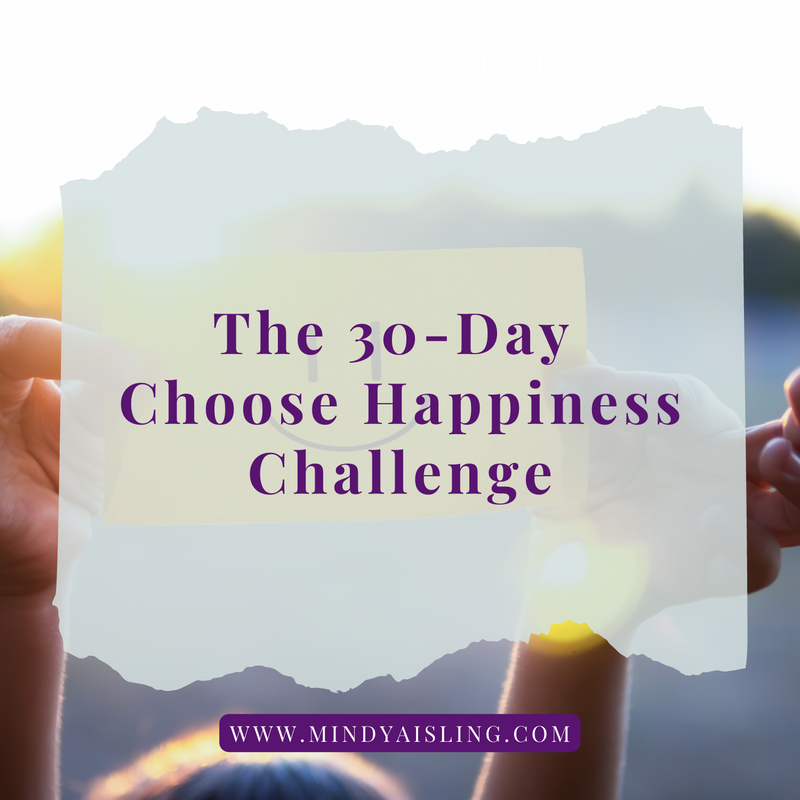
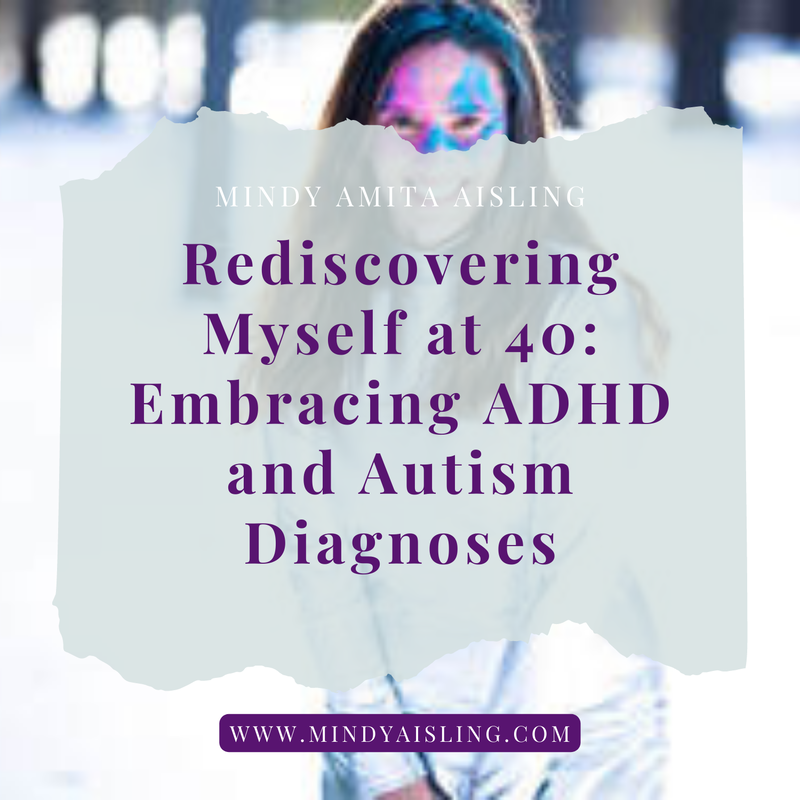
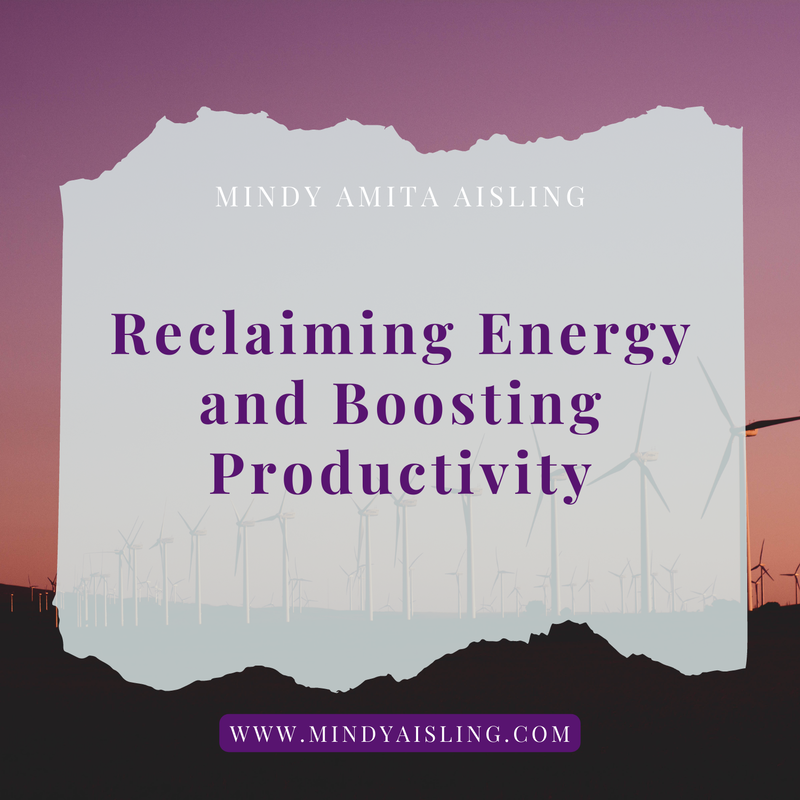
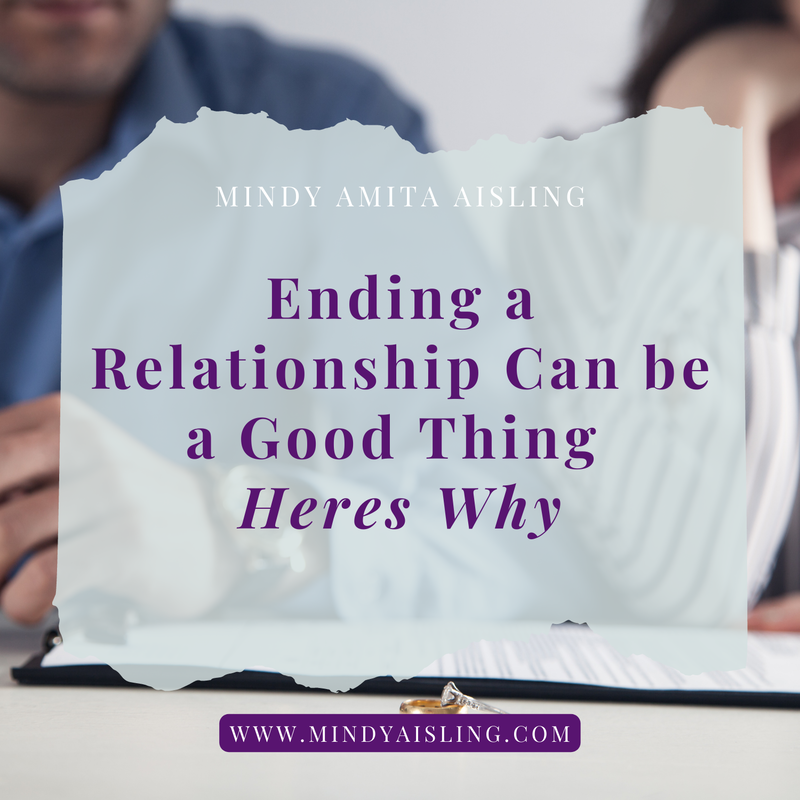
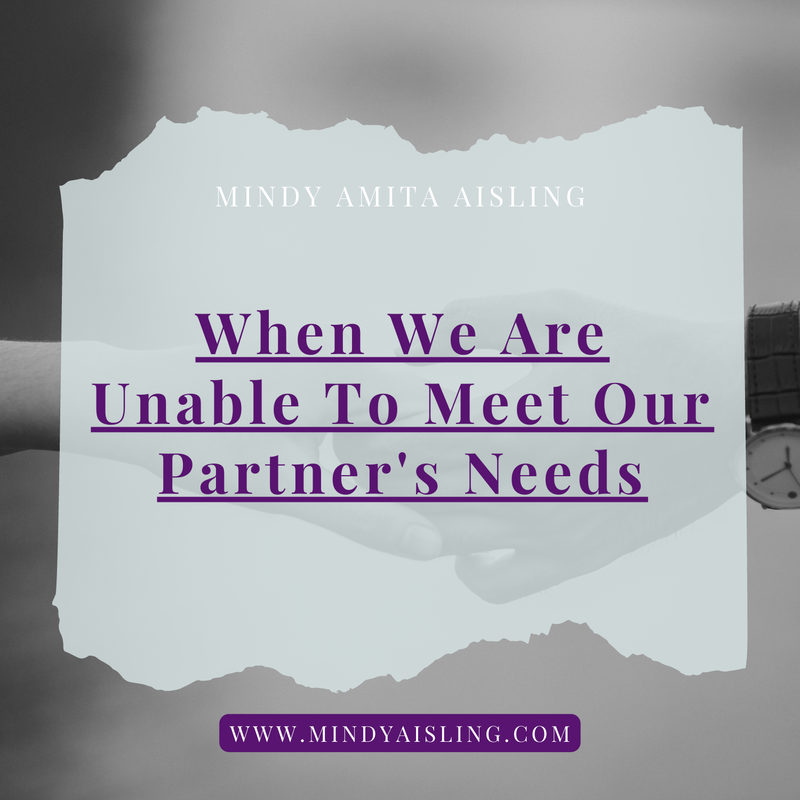
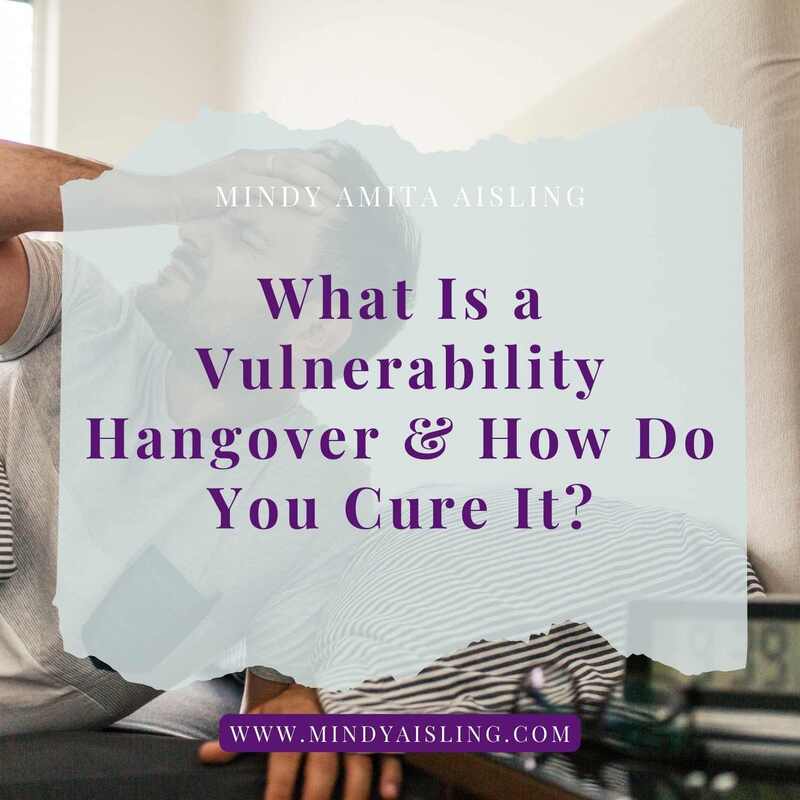
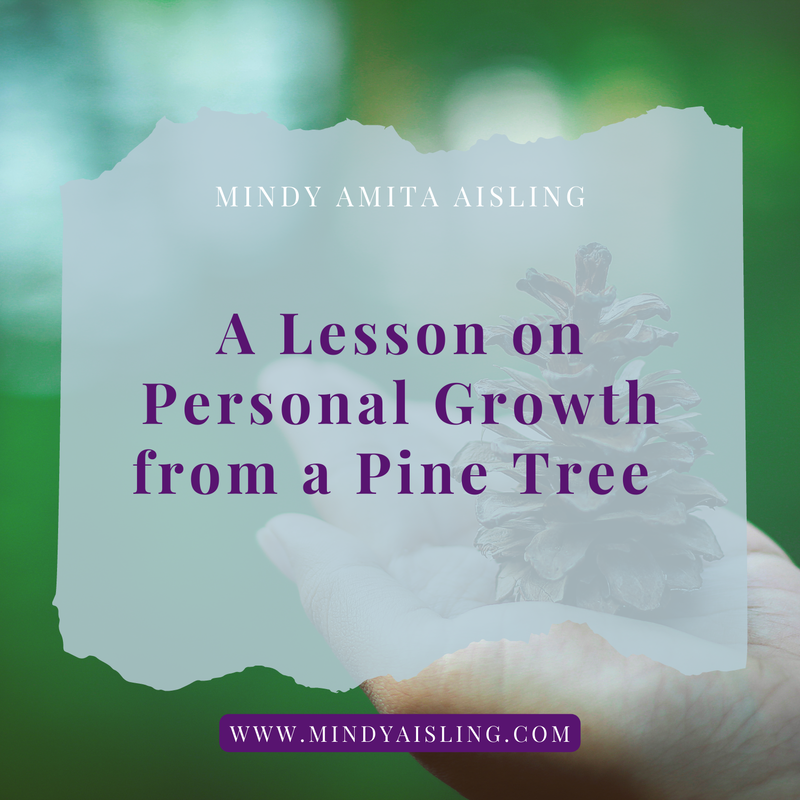


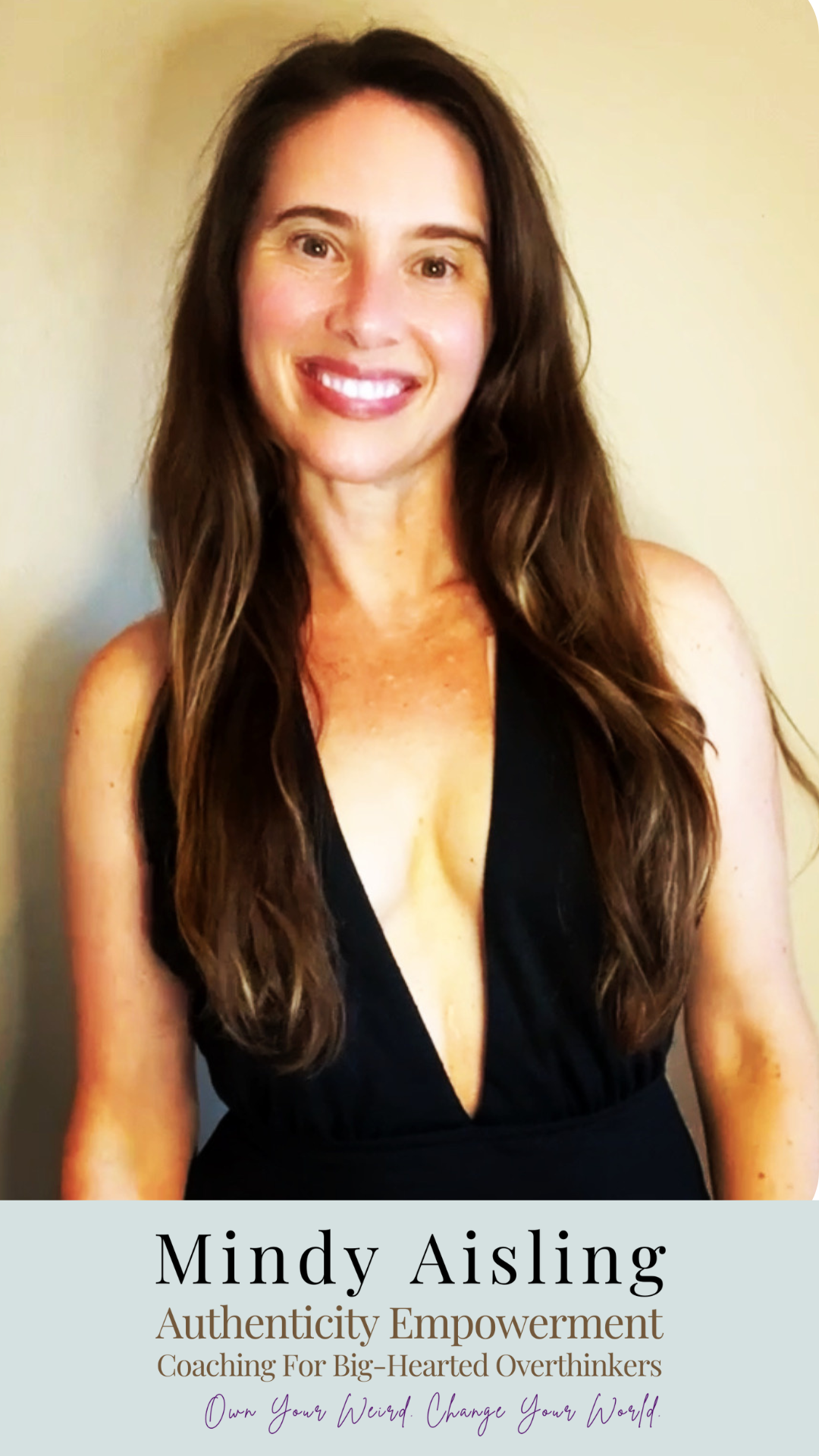
 RSS Feed
RSS Feed
